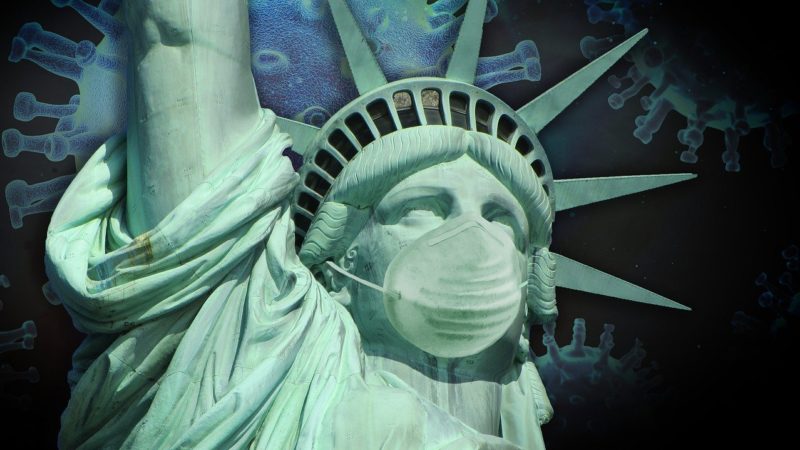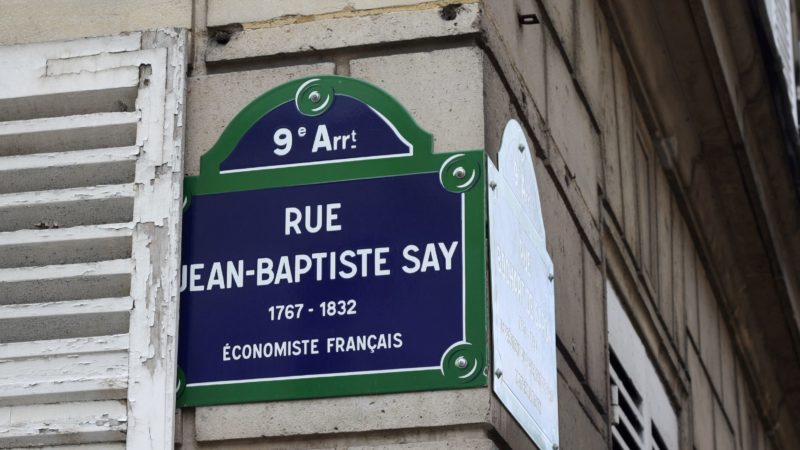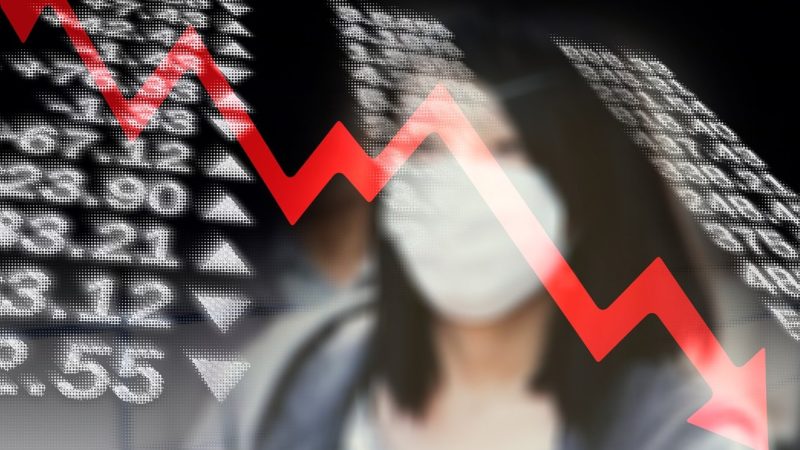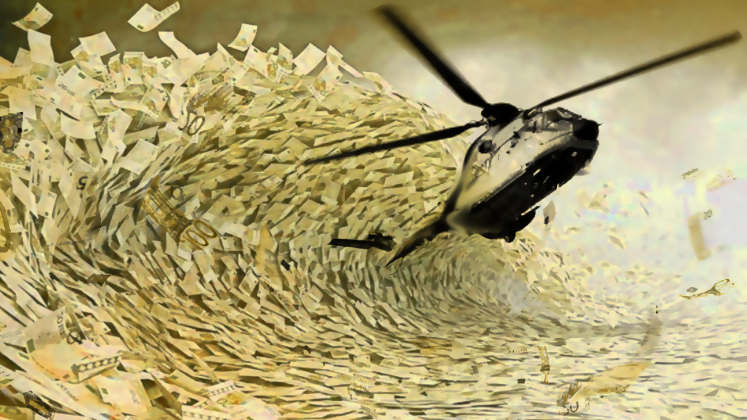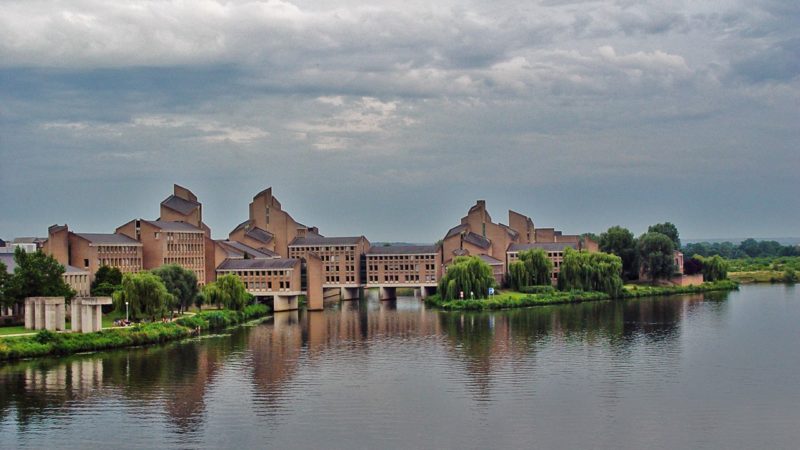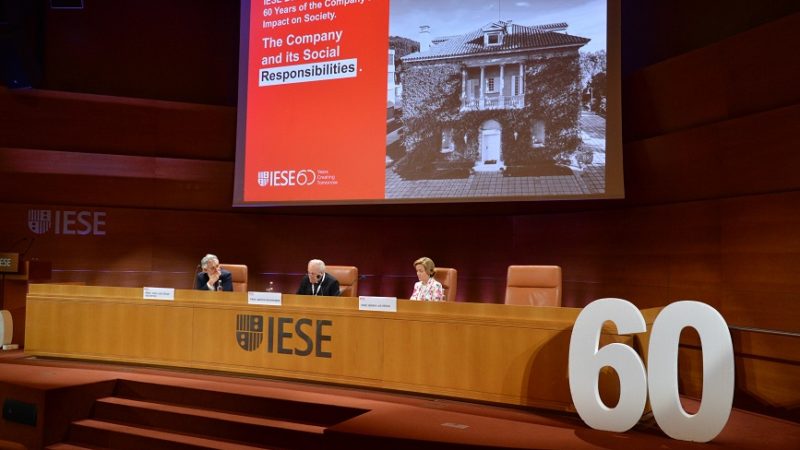Rescuing Businesses during the Coronavirus Crisis Accelerates the Path to a State-Run Economy
The lockdown has accelerated the onset of the financial crisis. Global rescue programs are opening the door to a creeping nationalization. We now face the threat of the kinds of restrictions found in former planned economies.

